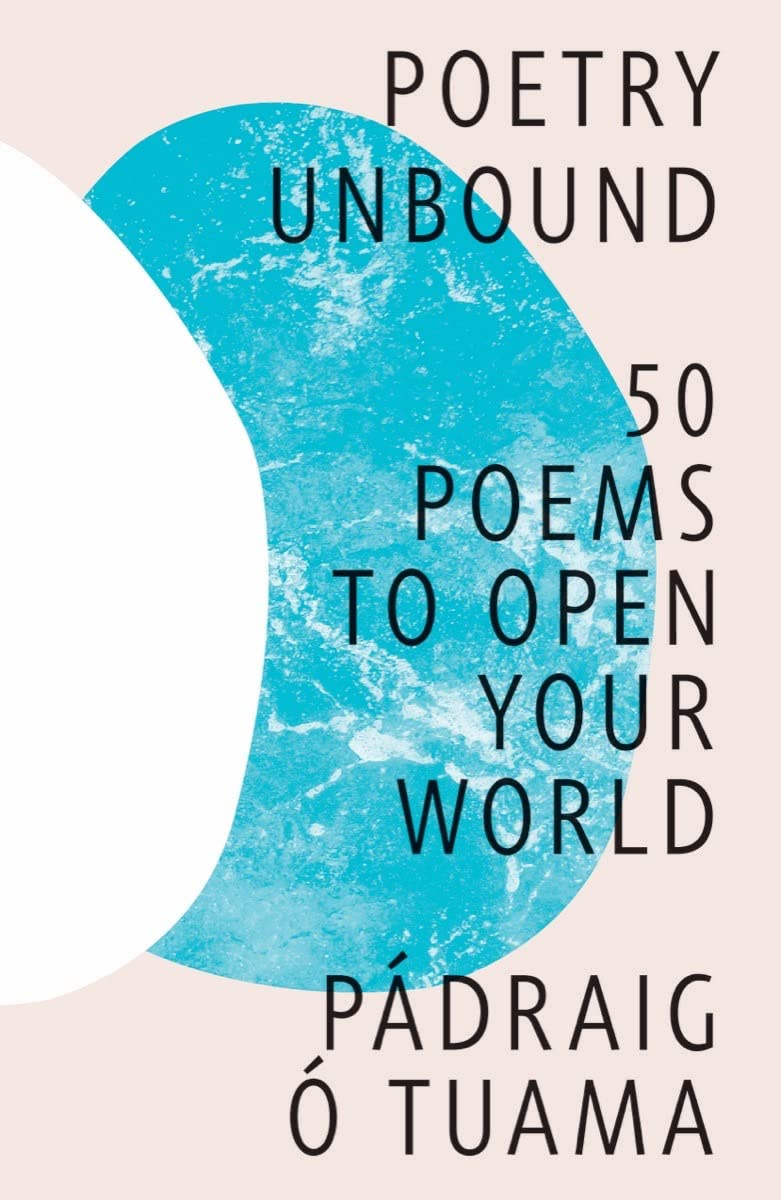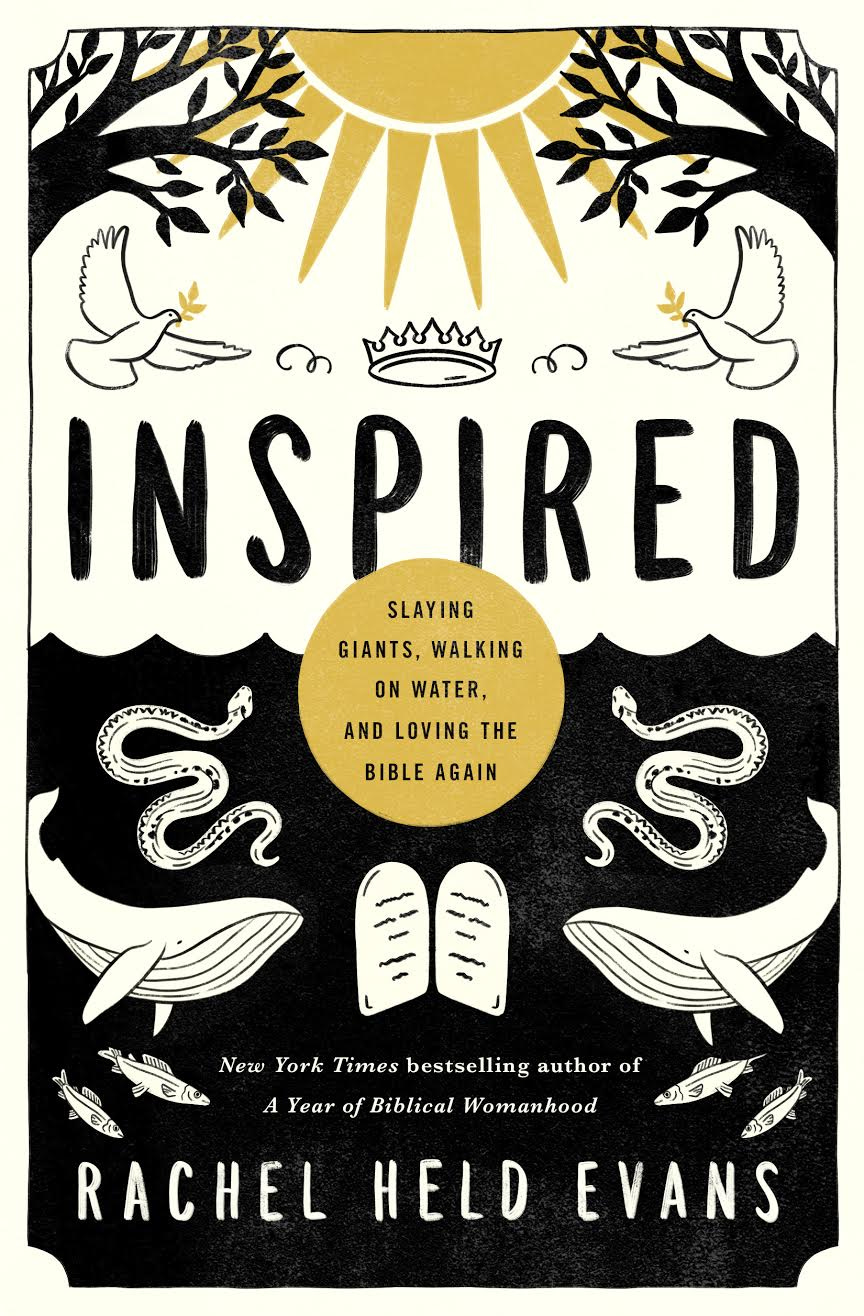What to Read When You Can't Read the Bible 🫠
Growing up evangelical, I was taught to read the Christian scriptures every day. But after moving to a more progressive tradition, I no longer knew how to approach my faith's sacred text.

A teacher comes, they say, when you are ready. And if you ignore its presence, it will speak to you more loudly. But you have to be quiet to hear.
Braiding Sweetgrass, Robin Wall Kimmerer
The Café Chaplain works at the coffee shop just down the road. She must have mentioned something about ministering to university students which got us to talking about Jesus and evangelicals and what it was like for her, a female progressive Christian running a campus ministry. We were at the same school around the same time and knew a bunch of the same people. But the white guys running evangelical student groups like Navigators, Cru and InterVarsity never knew what to do with her, she said.
We started meeting before her shift. The first time or two she just wanted to hear my story. So I told her. I told her about
The fart jokes
The greed
Leaving Tim Keller’s church
The Holi War
Going e❌vangelical
The Elder Gothamite
Embracing Pride Month
Searching for a new church
Jia Tolentino making me pro-choice
Stepping away from my parents
And moving Upstate.
Okay, maybe not all of that.
But where I was stuck, I told her, was the Bible.
Deformed Theology
Read your Bible, pray every day,
And you will grow, grow, grow.
Don’t read your Bible and forget to pray,
And you will shrink, shrink, shrink.
Good evangelicals read the Bible every morning, in a ritual they call a Quiet Time. But lately, I just couldn’t. I wish I could tell you when, how and where this latest block came up. But I can’t.
What I can tell you, is that I’m not alone. There are many who have left the evangelical world, who still find Jesus worthy of following, but struggle to read the Bible without taking its stories as literal truth, extracting rules for daily life and smoothing over its errors and contradictions.
Over the course of a year in a progressive Presbyterian church I’d heard a pastor who was a mother, a lesbian and a whip-smart scholar talk about a gospel text as coming “from Luke’s community” and lead a group discussion in which the historicity of the Exodus story was up for debate.
It was hard to dim the alarm bells of my evangelical upbringing during that time. Wasn’t this the slippery slope I had been warned about my whole life? If I started questioning the Bible, wondering about this word here or that passage there, would it lead me to believe in well…nothing?
But there they were, on Sunday mornings and Wednesday afternoons, a group of Christians who were older, wiser and kinder me. They loved and accepted LGBTQIA+ folks without question, protested ICE raids, baptized their children and gathered for prayer meetings. Christianity was clearly possible in this new way, but I wasn’t sure how to get from where I was to where they were.
How to Deconstruct the Evangelical View of the Bible
The first stone in the bridge from evangelicalism to progressive Christianity came from an Irish poet and theologian named Pádraig Ó Tuama. I had no idea who he was when my friend invited me to Ó Tuama’s poetry reading and book launch.
So I picked up the book my friend suggested:

I slotted the poetry into my morning Quiet Time slot: reading a poem a day in lieu of a Bible passage. But these poems were different than the ones I had explored during my first semester of college. They couldn’t be pinned down and dissected with the right historical context and rhyme scheme. These poems told a story and then asked me to interpret on my own, and then consider why I interpreted the poem that way.
It was weird.
But also interesting. Was this how to read the Bible? Bringing my own ideas and experiences to it? Did that the mean the text could just mean whatever I wanted it to?
No, it turned out. The chaplain in the coffee shop made that clear as we talked. She brought in a few books for me to look over, and as I flipped through the pages I found someone who had taken a similar journey to mine, several years ago:

Dare I Question the Bible?
Rachel Held Evans was a blogger, back when blogging was a thing. She spun that out into newspaper columns and book deals. But not in a slimy-Joel-Osteen kind of way. Evans had gotten a lot of the same training as me: she knew the Biblical text and the popular evangelical interpretations well.
But it started to break down for her, publicly. And by the time she published the book I was reading, she had left evangelicalism. It was 2018 and the scandal of the evangelical Trump voter was fresh in the air. Evans connected Trump’s popularity among those Christians with the way they read the Bible:
This is the deleterious snare of [evangelicalism]: It claims that the heart is so corrupted by sin, it simply cannot be trusted to sort right from wrong, good from evil, divine from depraved. Instinct, intuition, conscience, critical thinking—these impulses must be set aside whenever they appear to contradict the biblical text, because the good Christian never questions the “clear teachings of Scripture”; the good Christian listens to God, not her gut.
I’ve watched people get so entangled in this snare that they contort into shapes unrecognizable. When you can’t trust your own God-given conscience to tell you what’s right, or your own God-given mind to tell you what’s true, you lose the capacity to engage the world in any meaningful, authentic way, and you become an easy target for authoritarian movements eager to exploit that vacuity for their gain.
Inspired, Rachel Held Evans
It turns out not questioning the text was the real danger. I had grown up not worrying about the genocidal stories in the book of Joshua, not accepting mainstream archaeological accounts of ancient Israeli history and not objecting to seemingly misogynistic rules in Paul’s letters.
Evans was telling me I had to step away from the mindset that the Bible was right, no matter what.
My First Step Into a Larger World
Stop me if you’ve heard this one before — likely from evangelical celebrity Pastor Tim Keller — “Republicans believe this. Democrats believe that. But Christians believe something else entirely.”
There are two big problems with thinking like this:
1. There is No Such Thing as “The” Christian View of a Given Topic
…and if there was, it wouldn’t be the evangelical one. Because when you look at the numbers, you realize just how small the evangelical tradition is in terms of global Christianity:
2. There Are Often Multiple Biblical Views of a Given Topic
Evans gets into this in her chapter on the Wisdom books of the Bible, particularly the book of Job, which tackles the question of how an all-powerful and loving God can allow suffering:
When it comes to the nature of suffering and blessing, the Bible does not speak with a single voice. There is not a biblical view of theodicy [why God allows suffering]. There are biblical views of theodicy. And the people who wrote and assembled Scripture seemed perfectly fine with that unresolved tension.
Okay, so there are multiple views within the Bible. And multiple takes from multiple Christian traditions across the world and throughout the 2,000-year history of the faith. That’s…complicated.
How am I supposed to manage all that ambiguity?
Reading the Bible Anew with מִדְרָשׁ
Evans turned me on to מִדְרָשׁ (midrash), a tradition of engaging with Scripture that predates Christianity itself:
Christians can learn a lot about Scriptures from the people who have had it the longest. I came to this realization a few years ago when a writing project around the women of the Bible introduced me to midrash—those imaginative explorations and expansions of Scripture that serve as the most common form of biblical interpretation in Jewish traditions. These writings, some ancient and some modern, alerted me to details in the text I’d never noticed before, and offered both playful and instructive interpretations of those details that animated the biblical characters in fresh new ways.
The more I read about midrash, the more I started to see it in my life. There was the time I sat with friends at the smoker’s table after a jazz concert, riffing about forgiveness late into the night.
There was the time I made an elaborate fart joke to mock sanctimonious Christians who believe fasting was a next-level spiritual practice:
And when you fart, do not look somber as the hypocrites do, for they disfigure their faces to show men they are farting. I tell you the truth, they have received their reward in full.
And there was that running gag I had about how there was a translation error and that the virgin Mary was actually the virgin Gary:
In the sixth month the angel Gabriel was sent by God to a town in Galilee called Nazareth, to a virgin by the name of Gary.
And the angel came to him and said, “Greetings, favored one! The Lord is with you.” But Gary was much perplexed by the the angel’s words and pondered what sort of greeting this might be.
The angel said to him, “Do not be afraid, Gary, for you have found favor with God. And now, you will conceive and bear a son.”
“How can this be?” said Gary.
“Why?” said the angel, “because you’re a virgin?”
“Well that, and…you know…”
“The Holy Spirit will come upon you, and the power of the Most High will overshadow you, for nothing is impossible with God.”
Reading about midrash was when it started to make sense. Midrash was what the Progressive Pastor in NYC had been teaching me to do. That’s why the Bible study group was okay questioning if the Exodus actually happened.
Midrash was about embracing contradictions, errors and imagination. It was about making the text your own.
Choose Your Own Adventure
As I hope has become clear, there’s no one tried-and-true path toward re-engaging with the Bible, if that’s what you choose to do. But I have taken the time to look around and see what my fellow exvangelicals have recommended to each other.
So here it is, a list of books that others have used to break through their own Bible reading rut. I hope you find them helpful.





